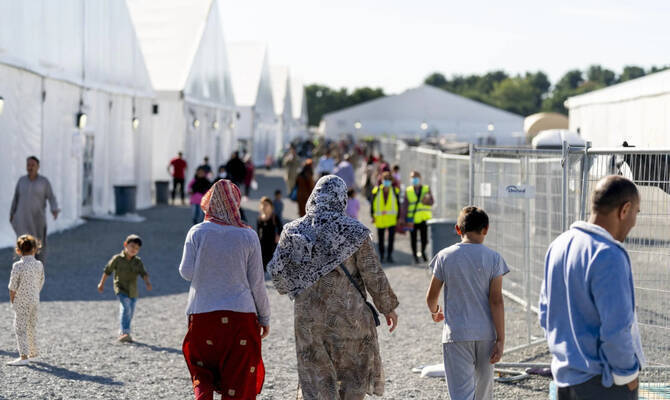Thousands of Afghan and Cameroonian migrants in the U.S. are now at risk of deportation after a federal court allowed the Trump administration to end Temporary Protected Status (TPS) for nationals of both countries. The decision came from the U.S. Court of Appeals for the Fourth Circuit, which lifted a previous order blocking the move, paving the way for deportations to resume.
The ruling affects an estimated 14,600 Afghans and 7,900 Cameroonians who were living legally in the U.S. under TPS. This program provides deportation protection and work permits to people from countries facing war, violence, or natural disasters. The Trump administration has argued that the original conditions that justified TPS are no longer valid, claiming security and economic improvements in both Afghanistan and Cameroon.
However, human rights advocates strongly disagree. They warn that sending people back to Taliban-ruled Afghanistan or unstable parts of Cameroon could expose them to grave danger. Many TPS holders fled their home countries during times of war and persecution, with some working alongside U.S. military forces or aid organizations.
“This administration is returning TPS to its original temporary intent,” said Homeland Security Secretary Kristi Noem. “Conditions in Afghanistan no longer meet the requirements for TPS designation.” Yet the U.S. State Department still advises citizens against travel to both Afghanistan and Cameroon due to ongoing violence, political instability, and safety threats.
The decision follows months of legal battles, led by immigrant rights group CASA, which challenged the legality of ending TPS protections. While the court’s ruling allows the Trump administration to proceed, CASA’s lawsuit continues in lower courts, meaning further legal challenges may delay or limit deportations.
Critics say the decision will have devastating consequences for thousands of families. “Lives will be upended. Families will be separated,” said Shawn VanDiver, president of AfghanEvac, a network supporting Afghan allies. “Allies will be detained, deported, or forced into hiding—while their legal rights remain unsettled.”
Religious freedom advocates have raised alarms about the risks to Christians and other minorities in Afghanistan. Jeff King, president of International Christian Concern, said, “The Taliban’s persecution is systematic. They hunt converts, reward informants, and subject believers to death, imprisonment, or enslavement.”
Despite these concerns, the White House maintains that anyone fearing persecution can apply for asylum. A spokesperson stated, “Temporary Protected Status, by definition, is temporary and committed to the discretion of the DHS Secretary.”
Now that the court has lifted the legal block, the Department of Homeland Security is expected to begin winding down protections for affected migrants. Officials say that individuals who no longer qualify for TPS should consider voluntary departure with government assistance. Yet many migrants fear for their safety if forced to return to countries still engulfed in conflict and oppression.
As advocacy groups continue to fight in court, the ruling has cast a shadow over the lives of thousands who had hoped the U.S. would remain a haven. For now, they face uncertainty, legal limbo, and the real threat of being sent back to danger.

